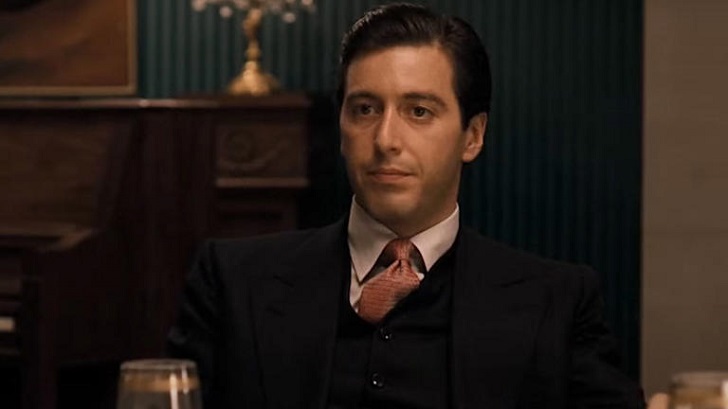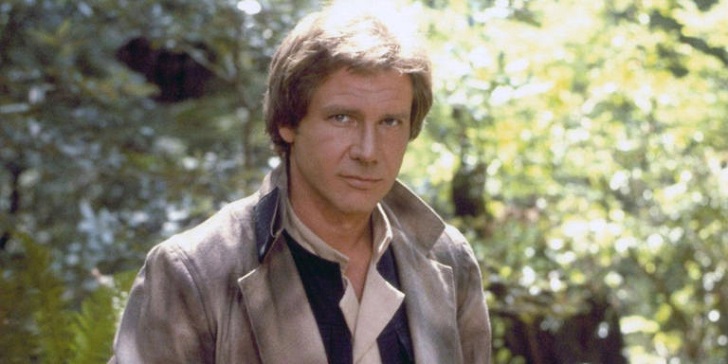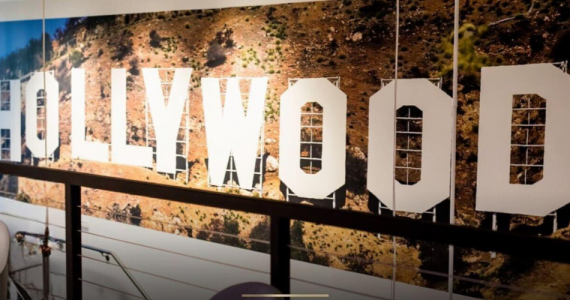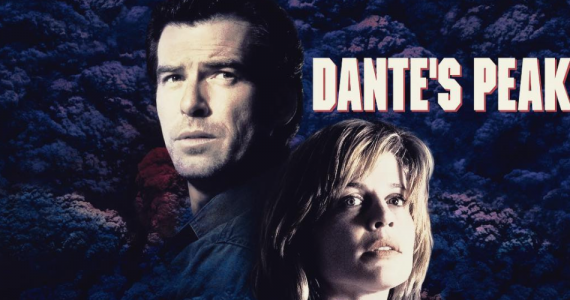Al Pacino’s role in “The Godfather” brought him instant fame, shifting him from a struggling actor to a global icon. This fame, however, did not captivate Pacino as it would others. The offers poured in, and one of the most unexpected was the iconic role of Han Solo in “Star Wars.” Despite his fame, Pacino declined this opportunity, setting the stage for his unique career choices that strayed far from mainstream blockbusters.
The Influence of The Godfather on Pacino’s Career
Pacino’s career was redefined when “The Godfather” was released, and he became a powerhouse actor. While others saw this as a launchpad, Pacino felt confined by the role’s success. In his memoir Sonny Boy, Pacino describes feeling overwhelmed, unable to escape the shadow of Michael Corleone.

Despite this, Pacino chose a path different from typical Hollywood stars, influenced by his mentors, Charles Laughton and Lee Strasberg, who emphasized artistic integrity over commercial appeal.
Why Al Pacino Declined Han Solo
The decision to pass on Han Solo illustrates Pacino’s preference for depth over spectacle. Upon reading the “Star Wars” script, he couldn’t connect with it, famously telling his friend and acting teacher Charlie Laughton, “I can’t make anything out of this.” For Pacino, acting was a craft rooted in realism and intensity, values he couldn’t see in George Lucas’s space fantasy. Though “Star Wars” propelled Harrison Ford to stardom, Pacino stayed committed to stories that aligned with his dramatic roots.
A Career Built on Artistic Choices
Pacino’s training under Laughton and Strasberg pushed him toward movies that offered deeper narratives. Pacino saw his work as a tightrope walk, a daring attempt to balance art and risk. Unlike his contemporaries who took on blockbuster roles, Pacino maintained a trajectory steeped in indie and auteur-driven films. His choices reflect an artist who values the experience of creation over the trappings of fame, a principle that has underpinned his entire career.
Al Pacino’s Rejection of Han Solo and Hollywood’s Blockbuster Shift
Pacino’s rejection of blockbuster roles, including Han Solo, underscores his aversion to commercialized Hollywood trends. His decision contrasts sharply with actors like Harrison Ford, whose career transformed through blockbuster hits.

Pacino stayed true to his craft, refusing roles that he felt would dilute his artistic identity. While Ford’s portrayal of Han Solo catapulted him into the status of a Hollywood giant, Pacino remained selective, choosing to champion films with emotional depth over those guaranteed to be box-office successes.
Pacino’s Acting Philosophy and Legacy
The cornerstone of Pacino’s career has been his commitment to “life on the wire,” a philosophy he adopted under Laughton’s mentorship. Pacino views his acting as a dynamic, risk-taking endeavor, prioritizing authenticity over commercial success.
This approach kept him away from franchises and larger-than-life characters, aside from his role in The Godfather. Unlike Ford, Pacino deliberately chose projects that allowed him to push artistic boundaries rather than settle for the security of fame. This ethos has cemented his legacy as an actor with a fiercely independent spirit.




